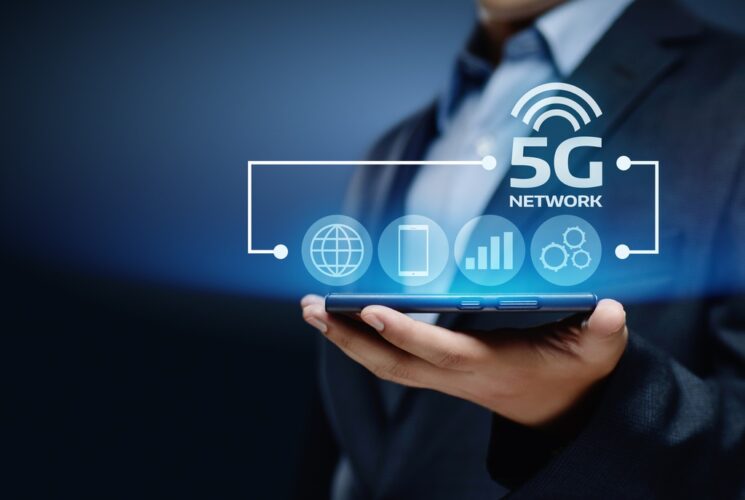
5G technology has brought in a new era of connectivity, promising faster speeds, lower latency, and enhanced capabilities. However, as with any technological advancement, there are both pros and cons to consider. In this blog post, we will explore the advantages and disadvantages of the next-generation 5G network. From improved network performance to potential health risks, we will provide a balanced perspective on the pros and cons of 5G technology.
One of the major benefits of 5G is its ability to deliver significantly faster speeds and increased network capacity. This translates into seamless streaming, quick downloads, and improved overall network performance, meeting the growing demand for bandwidth-intensive applications.
5G offers ultra-low latency, reducing the delay between devices and the network. This enables real-time applications like autonomous vehicles, remote surgery, and augmented reality to operate with minimal delay.
The advanced capabilities of 5G make it ideal for supporting the Internet of Things (IoT) and the proliferation of smart devices. 5G can handle a massive number of connected devices simultaneously. It enables seamless communication and coordination between devices, paving the way for a more connected and efficient future.
The deployment of 5G networks has the potential to foster innovation across industries and drive economic growth. From revolutionizing healthcare and transportation to enabling smart cities and powering advanced manufacturing, 5G technology opens up opportunities for new business models, increased productivity, and job creation.
Implementing 5G technology requires a significant investment in infrastructure, including the installation of a dense network of small cells and upgraded equipment. The rollout of 5G networks may face challenges such as obtaining permits, deploying infrastructure in densely populated areas, and ensuring widespread coverage, especially in rural areas.
The availability of spectrum for 5G networks poses a challenge. While higher-frequency bands offer greater speeds, they have limited coverage and can be easily blocked by obstacles. Additionally, concerns about potential interference with existing services and technologies must be addressed to ensure smooth coexistence.
With the increased connectivity and vast amount of data transmitted through 5G networks, privacy, and security become critical considerations. Safeguarding personal information, preventing unauthorized access, and mitigating cybersecurity risks are paramount to ensure user trust and protect sensitive data.
The deployment of 5G has sparked concerns about potential health effects related to exposure to electromagnetic radiation. While scientific studies have not provided evidence of harmful health effects, ongoing research and adherence to safety standards are essential to address any potential risks.
© InsiderScoop